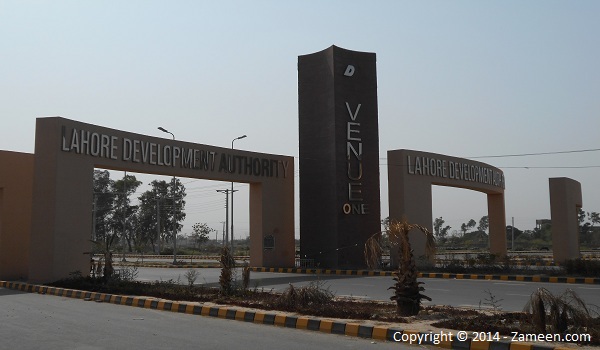Karachi: Pakistan’s foreign exchange reserves increased by USD 70 million to reach USD 10.68 billion during the week ending March 28, according to data released by the State Bank of Pakistan (SBP) on Thursday.
The country’s total liquid foreign reserves also saw a modest increase of USD 29 million, standing at USD 15.58 billion. However, commercial bank reserves declined by USD 41 million, bringing their total to USD 4.903 billion.
Read: Forex reserves rise to USD 15.94 bn: SBP
The SBP’s reserves have remained relatively stable around the USD 11 billion mark, supported by remittance inflows and sustained dollar purchases from the interbank market. Between June and December 2024, the central bank acquired USD 5.523 billion from the interbank market to strengthen reserves and manage debt obligations. However, continued external debt repayments have resulted in periodic outflows.
Looking ahead, Pakistan anticipates a crucial inflow of USD 1 billion from the International Monetary Fund (IMF) in May, pending the board’s approval of the first review under the Extended Fund Facility (EFF). This approval is also expected to unlock additional financing from multilateral and bilateral lenders.
Last month, Pakistan secured a staff-level agreement (SLA) with the IMF for the ongoing USD 7 billion loan program. Additionally, the country obtained a new USD 1.3 billion arrangement under the Resilience and Sustainability Facility (RSF), which awaits final approval.
Read: SBP projects foreign exchange reserves to exceed USD 13 bn by June
SBP Governor Jameel Ahmad, in a recent briefing, stated that Pakistan’s external repayment obligations for the remainder of fiscal year 2025 stand at approximately USD 3 billion after accounting for rollovers and refinancing. The country expects further inflows in the fourth quarter of FY25, some of which are contingent on a successful IMF review.
With the IMF board’s approval, the total disbursements under the EFF facility will reach USD 2 billion, providing much-needed support to Pakistan’s external accounts amid ongoing economic challenges.








